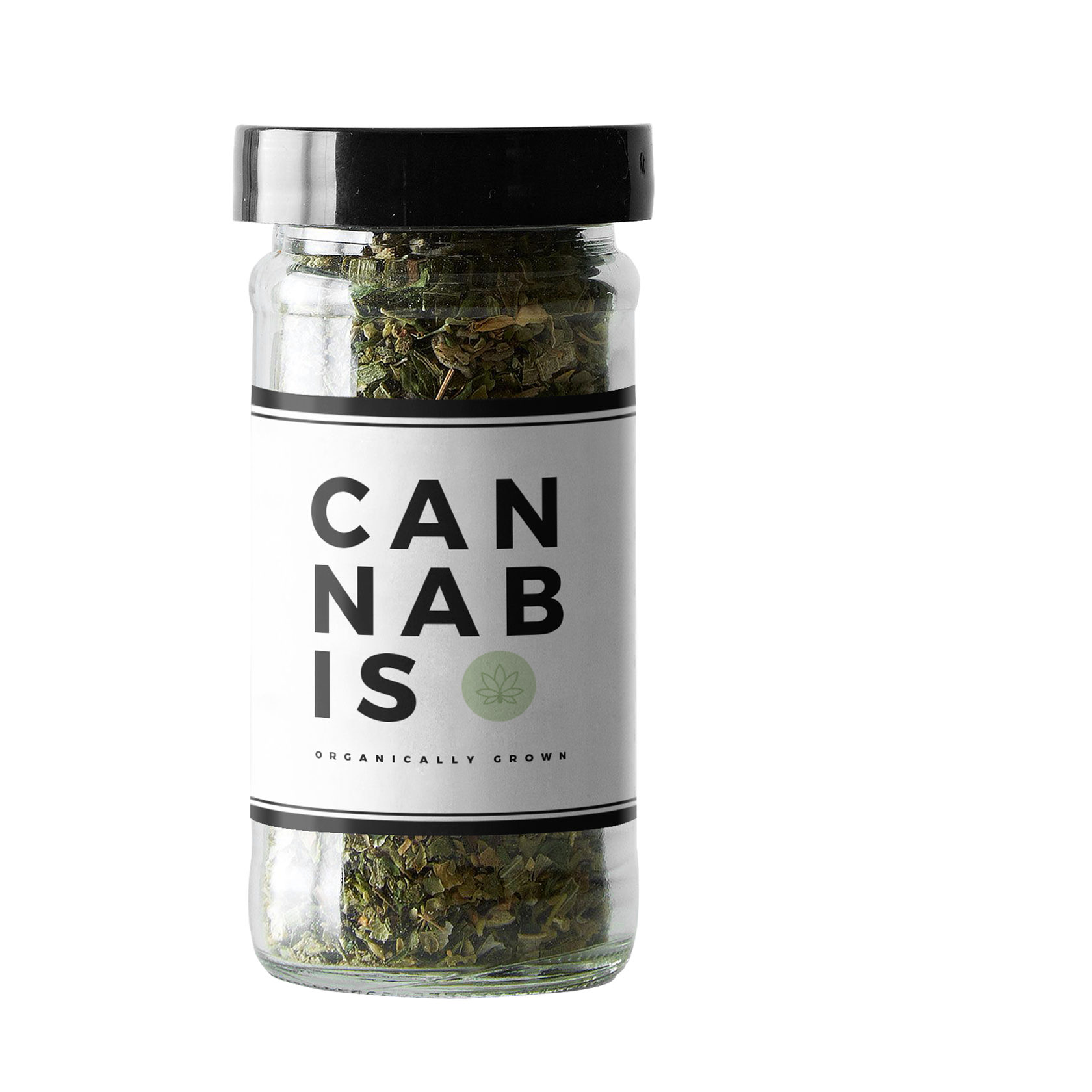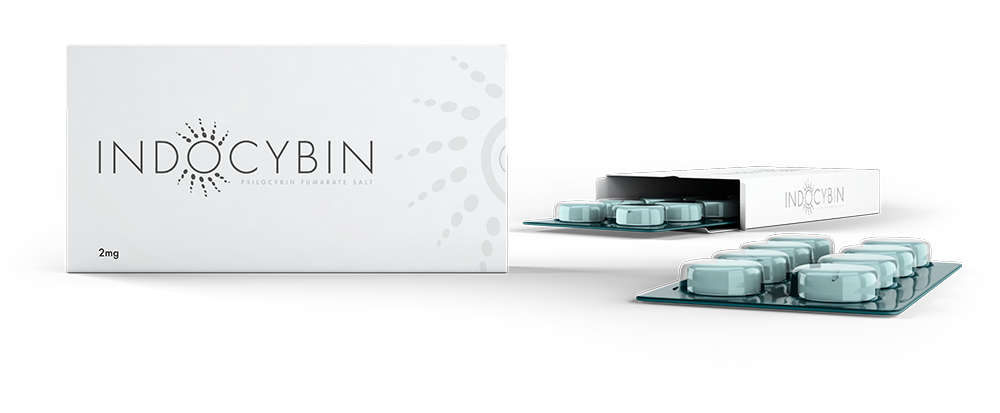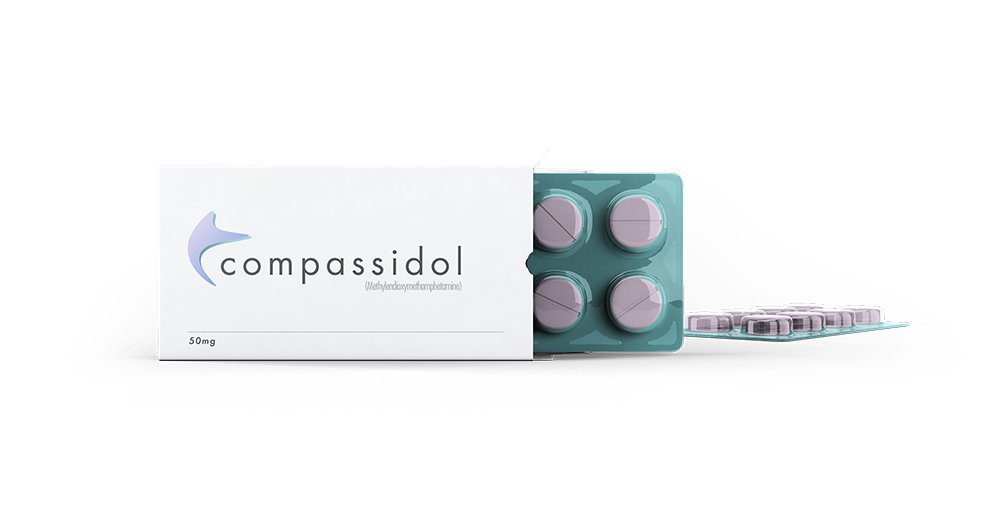How to promote or demonize drugs through advertising
The pharmaceutical industry spends billions of dollars on marketing, which significantly influences how people perceive and think about drugs.
The drug marketing gold standard
Amphetamine is a notable example, as it has been heavily promoted by pharmaceutical companies while simultaneously being demonized by government fear campaigns. For decades, major pharmaceutical firms have advertised it as a treatment for various conditions, including depression, weight loss, menstrual dysfunction, and more recently, ADHD.
We delved into history to uncover as many amphetamine advertisements as possible. To emphasize our point, we selected a few ads, updated their aesthetics to a contemporary style while retaining the original messages, and replaced the various brand names with "amphetamine" or "methamphetamine" based on the original drug compositions.
We delved into history to uncover as many amphetamine advertisements as possible. To emphasize our point, we selected a few ads, updated their aesthetics to a contemporary style while retaining the original messages, and replaced the various brand names with "amphetamine" or "methamphetamine" based on the original drug compositions.
Marketing the symptoms or illness, not the drugs
Presently, amphetamine marketing remains robust. However, due to regulations against direct-to-consumer drug advertising, the industry has shifted its focus to informational campaigns that raise awareness of the conditions for which amphetamine can be prescribed. Drawing inspiration from major pharmaceutical amphetamine product websites, we have developed our own versions, substituting the brand names with the generic substance names.
The current state
Commercial drug marketing
While pharmaceutical ads can be quite intense, there are typically stringent regulations governing their advertising. Conversely, legal substances like coffee and alcohol often face far fewer restrictions on advertising in many countries.
Coffee, being widely legal and consumed, is not usually perceived as a drug despite its noticeable effects on the central nervous system. Alcohol, on the other hand, has varying advertising limitations depending on the country. In places where alcohol advertising is legal, companies employ various tactics to build their brands and create illusions around their products.
This advertising landscape has inspired me to envision a world with legalized drugs and how major corporations might attempt to market their offerings.
Coffee, being widely legal and consumed, is not usually perceived as a drug despite its noticeable effects on the central nervous system. Alcohol, on the other hand, has varying advertising limitations depending on the country. In places where alcohol advertising is legal, companies employ various tactics to build their brands and create illusions around their products.
This advertising landscape has inspired me to envision a world with legalized drugs and how major corporations might attempt to market their offerings.

Flipping the perspective
Creating scare propaganda against legal drugs and pharmaceutical products out of illegal drugs.
The propaganda machine
Governments around the world have dedicated billions of dollars to demonizing drugs, sometimes even resorting to fabricating research to support their claims.
The effectiveness of these efforts in shaping public opinion is astounding. Many individuals view drugs as inherently harmful without understanding or considering the underlying mechanisms. Prior to the 1960s, most people didn't have strong opinions on drug use. Numerous potent drugs were available for purchase at pharmacies, with few people seeking them out or experiencing problems. However, the War on Drugs drastically altered public perceptions.
While some may argue that these scare tactics have deterred individuals from experimenting with drugs, the immense societal impact of criminalizing millions of high-functioning, non-violent individuals serves as a chilling example of how those in power can manipulate public opinion through marketing and media.
In our project, we have taken the widely accepted legal drug, alcohol, and created propaganda posters that highlight only the side effects, drawing inspiration from real-life fear campaigns targeting other drugs. Most people consume alcohol responsibly and may disagree with the information presented, but emphasizing the negative aspects and utilizing frightening images and slogans reinforces the notion that these substances can be harmful and ruin lives.
Additionally, we have taken currently illegal drugs with medical potential and reimagined them as the pharmaceutical drugs of the future, complete with the full marketing treatment typically employed by the industry.
The effectiveness of these efforts in shaping public opinion is astounding. Many individuals view drugs as inherently harmful without understanding or considering the underlying mechanisms. Prior to the 1960s, most people didn't have strong opinions on drug use. Numerous potent drugs were available for purchase at pharmacies, with few people seeking them out or experiencing problems. However, the War on Drugs drastically altered public perceptions.
While some may argue that these scare tactics have deterred individuals from experimenting with drugs, the immense societal impact of criminalizing millions of high-functioning, non-violent individuals serves as a chilling example of how those in power can manipulate public opinion through marketing and media.
In our project, we have taken the widely accepted legal drug, alcohol, and created propaganda posters that highlight only the side effects, drawing inspiration from real-life fear campaigns targeting other drugs. Most people consume alcohol responsibly and may disagree with the information presented, but emphasizing the negative aspects and utilizing frightening images and slogans reinforces the notion that these substances can be harmful and ruin lives.
Additionally, we have taken currently illegal drugs with medical potential and reimagined them as the pharmaceutical drugs of the future, complete with the full marketing treatment typically employed by the industry.



Making the illegal look legal
A simple approach to altering the perception of illicit drugs involves presenting them in attractive packaging. Even when labeled with their actual names, they immediately appear more legitimate. With the addition of a professional brand name, it becomes difficult to discern that beneath the polished branding is a substance that the government has deemed unsafe for public consumption.
From drug to medicine
We are currently witnessing a period in which certain substances may transition from being vilified to not only gaining societal acceptance, but also being praised and utilized for their medicinal properties. Both psilocybin and MDMA are undergoing research and clinical trials to explore their therapeutic benefits, and we believe it's fitting to present them with appropriate pharmaceutical marketing. In this project, we have visualized how this transformation might appear in the not-so-distant future.

Embrace the light within
Indocybin therapy can provide an immediate and sustained reduction in depression following a single treatment. The effect has been described as psilocybin shaking the brain up like a snow globe, or rebooting the brain, providing new connections and deactivating connections that might have caused depression.
Embrace the light, embrace yourself, embrace Indocybin®
Embrace the light, embrace yourself, embrace Indocybin®

Compassidol® is an entactogen that facilitates feelings of closeness with oneself and others. It can induce pronounced mental stimulation, feelings of love, empathy, openness and a sense of rejuvenation and euphoria.
Compassidol is a federally controlled substance (CI) because the archaic organization DEA will not acknowledge being wrong and that they have been ruining the lives of millions of people in vain. Keep your use of compassidol secret and do it only in a safe places to prevent the police and other government institutions from arresting you and ruining your life.
IMPORTANT SAFETY INFORMATION
What is compassidol?
Love is a neurobehavioral function experienced by adults and young adults. Compassidol is a safe and effective way of triggering this function and thereby accepting yourself and getting love back into your life.
*Patient portrayel
Love is a chemical reaction, Compassidol® is the catalyst.
From MDMA to "Compassidol"
Here we have imagined how MDMA could be rebranded and marketed in the near future. Check our the website to get an idea of how this could look like.





